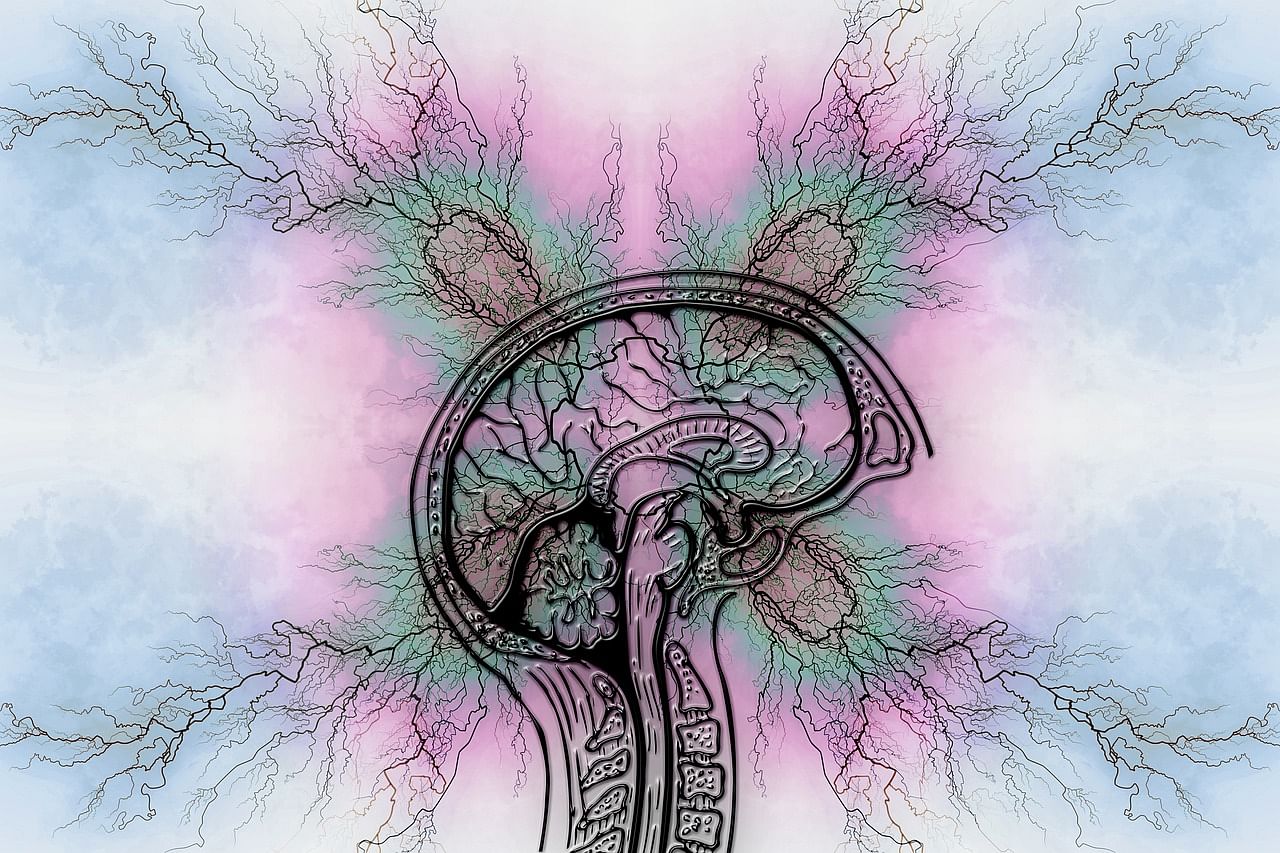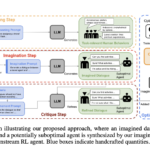Artificial intelligence (AI) has proven to be a revolutionary and indispensable influence in the realms of education and business. The performance of students and professionals has shown significant enhancement and stability over time due to the diverse array of devices and applications it provides.
Individuals with Attention-Deficit/Hyperactivity Disorder (ADHD) encounter a distinct set of challenges that affect their academic performance, productivity, and overall well-being. Creating supportive environments that acknowledge and address these challenges is essential for enabling these individuals to excel in their chosen fields.
Challenges Faced by Individuals with ADHD
Difficulty Maintaining Interest
A prominent feature of ADHD is the struggle to sustain attention. In academic and professional settings where focus is paramount, this difficulty can pose a significant obstacle. Tasks like attending lectures, comprehending complex material, and completing projects can be particularly challenging for individuals with ADHD.
Perfectionism, Procrastination, and the Cycle of Inaction
Issues with maintaining focus can lead to procrastination and difficulty initiating tasks. Perfectionism can be a stumbling block for individuals with ADHD, as the fear of imperfection can hinder task commencement, ultimately resulting in a phenomenon commonly known as academic or professional paralysis.
Time Management Challenges
Individuals with ADHD often have unconventional approaches to and utilization of time. Their time management skills may differ significantly, leading to difficulties in adhering to schedules and allocating ample time to critical tasks.
Working Memory Deficits
Effective working memory is essential for retaining and manipulating information. Students and individuals with ADHD may struggle to follow instructions, complete intricate tasks, and recall specific details from lectures.
Hyperactivity
Restlessness and inattentiveness are common in individuals with ADHD, manifesting in behaviors like fidgeting and physical discomfort. These symptoms are often viewed as disruptive in classroom and workplace settings, contributing to the social stigma associated with the condition.
Test Anxiety
ADHD can exacerbate stress during exams due to concerns about time management and concentration. Balancing multiple tasks and subjects can be particularly challenging under such circumstances, leading to decreased performance and increased errors.
Inconsistency
The performance and productivity levels of individuals with ADHD can fluctuate unpredictably due to variations in their ability to maintain focus and retain information consistently. Achieving consistency can be a formidable objective for them.
Impact of Distracting Environments and Overstimulation
External stimuli in chaotic or bustling settings can impede concentration, posing a significant challenge for individuals with ADHD in educational and professional settings. Despite these obstacles, it is crucial to recognize the unique strengths of individuals with ADHD, such as heightened creativity stemming from their elevated energy levels and cognitive agility.
Leveraging AI for Individuals with ADHD
Personalized Attention Management and Learning
AI-driven educational platforms offer tailored learning materials that adapt to individual attention spans and learning paces. By employing presentation styles that align with their preferences, individuals with ADHD can better maintain focus.
Attention Monitoring and Feedback Provision
Biofeedback devices equipped with AI capabilities can monitor attention levels during various tasks, providing real-time feedback on attention patterns. This enables individuals to identify fluctuations in focus and practice self-regulation to enhance re-engagement.
Time Management Support
AI can aid in scheduling, sending reminders, and prioritizing daily tasks, assisting students and professionals in optimizing their time management skills.
Cognitive Training Games
AI-powered cognitive training games focus on enhancing mental abilities like attention, working memory, and impulse control. Regular engagement with these games can lead to noticeable improvements in these cognitive functions over time.
Distraction Minimization
AI tools can block notifications from apps and websites while creating distraction-free virtual environments, facilitating improved focus for individuals with ADHD.
Artificial Reading and Speech-to-Text Tools
Transcription tools enable individuals with ADHD to record thoughts, ideas, and notes, reducing the cognitive burden of written composition.
Relaxation and Mindfulness Techniques
AI-based programs offer guided meditations, mindfulness exercises, and relaxation practices that effectively reduce stress and anxiety, serving as valuable coping mechanisms for managing ADHD-related challenges.
Enhancing Parent-Teacher Collaboration
AI-powered communication tools foster productive engagement between parents, educators, and therapists, establishing a supportive network crucial for individuals with ADHD. By evaluating personal interests and strengths, AI can aid in developing tailored strategies to help individuals effectively manage their ADHD symptoms.
In conclusion, leveraging AI technologies can empower individuals with ADHD to navigate academic and professional challenges more effectively. By integrating personalized interventions, cognitive training, and stress management techniques, AI plays a pivotal role in supporting the success and well-being of individuals with ADHD across various domains.






